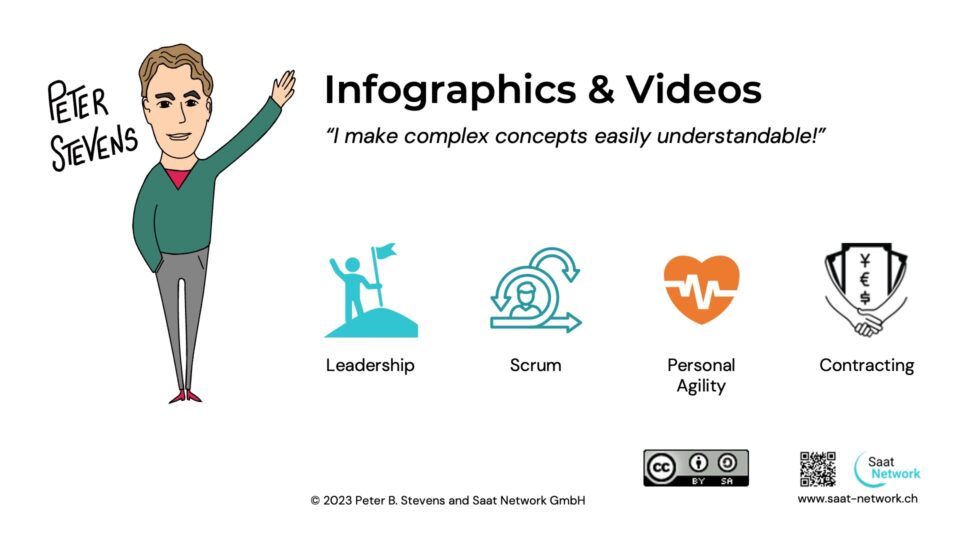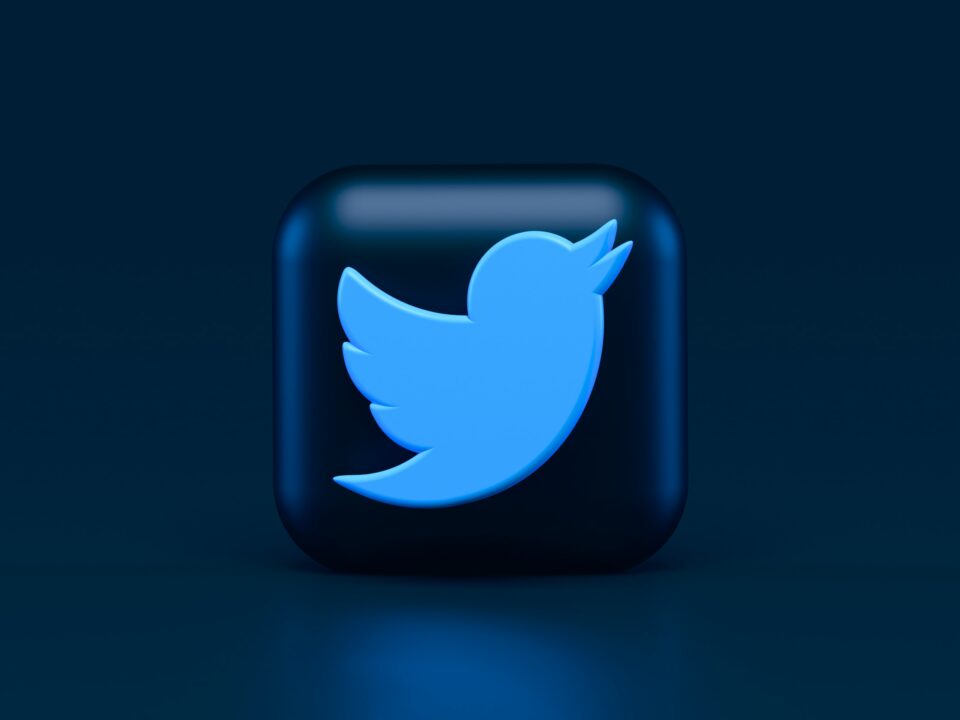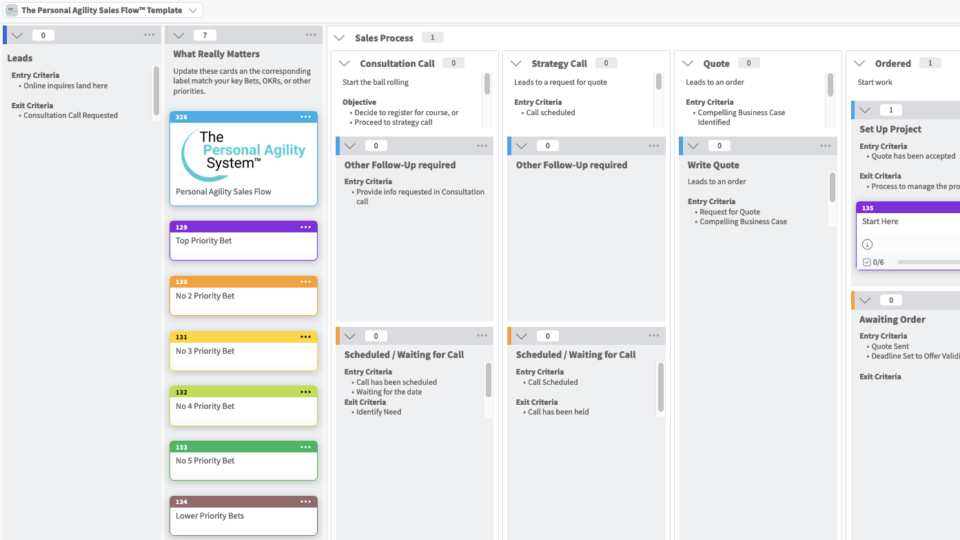MasterClass: Leadership Storyingtelling with Erwin van der Koogh
05-09-2012Reflection on my MasterClass on Scrum Performance
08-10-2012“This planet has – or rather had – a problem, which was this: most of the people living on it were unhappy for pretty much of the time. Many solutions were suggested for this problem, but most of these were largely concerned with the movements of small green pieces of paper, which is odd because on the whole it wasn’t the small green pieces of paper that were unhappy.”
Douglas Adams, The Hitchhikers Guide to the Galaxy
Three months ago, I came up with the idea for what is now the HappinessApp(tm) – a simple tool for recording your moments and moods and sharing them with your friends, family and co-workers. Together with a talented team from Brazil and now over 30 beta-testers, we are getting close to our first public release.
Since then I have learned a lot about happiness. “Motivation is a multiplier for velocity” observed Joe Justice, founder of WIKISPEED.
For most people though, work is not usually a source of happiness. Think assembly line. That’s work. It’s not fun. You do it because you need the money, and being seen to have too much fun on the job can be suspect.
But there’s a twist: Today’s work is increasingly Knowledge Work. As Jay Cross observed, knowledge work usually is more like a conversation than traditional assembly-line work, and conversation is second only to sex as source of happiness. As anyone who as listened to the laughter of a typical Agile team knows, work can be fun!
So work is changing quite fundamentally, and the relationship between happiness, work, and business success is growing stronger all the time. Understanding happiness will be more important than ever before: understanding your happiness, your staff’s happiness, and your customers’ happiness.
I realized the HappinessApp could do more than just record and share moments of happiness and despair. The scores from the HappinessApp could be combined to create a national or global happiness index. It could create a whole new understanding of Human Happiness!
Imagine if instead of focusing on Gross National Product, politicians would optimize the National Happiness Index, so that you and most of your countrymen are happier at the end of the year than at the beginning. What would it be like to live in country run that way? Are Americans happier than Europeans, or women happier than men? How does people’s happiness change with age? Is there a change in happiness before or after major events, like a FIFA World Cup, a change in leadership, or even a revolution. Every week, we could look at the data and ponder its meaning. What insights could we gain?
 |
| Happy Planet Index 2006 from Wikipedia |
My vision is that we can visualize human happiness around the world, almost in real time.
With the upcoming beta release of the HappinessApp, we can now collect data for the World Happiness Index and participants can choose whether to participate. Soon we will post a website with the first results.
What is going to come of the World Happiness Index? I wish I had a crystal ball! What do you think will happen? What should happen?





